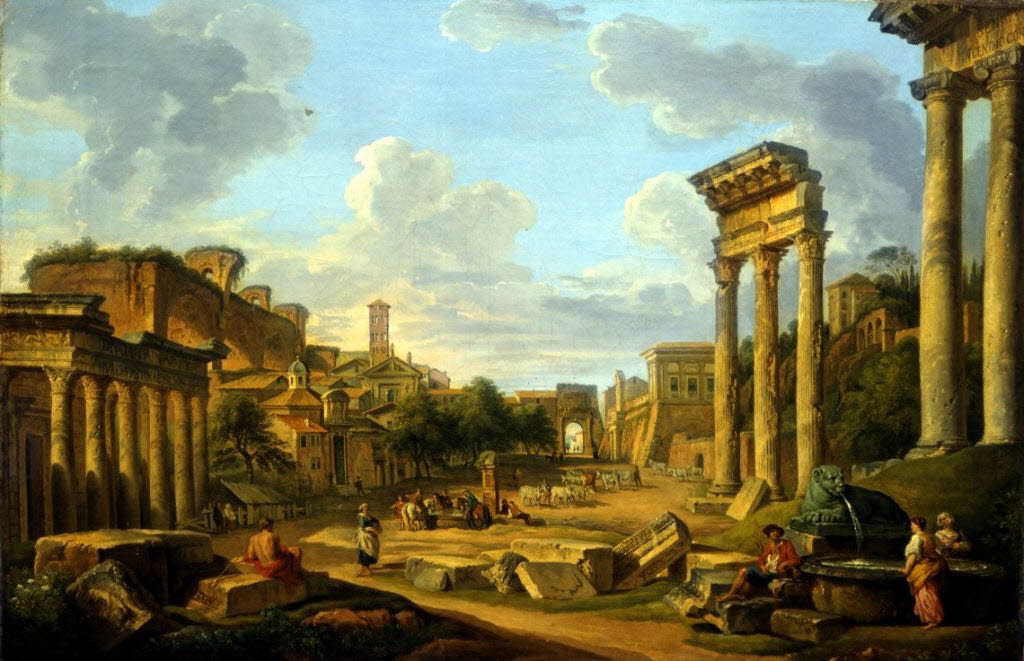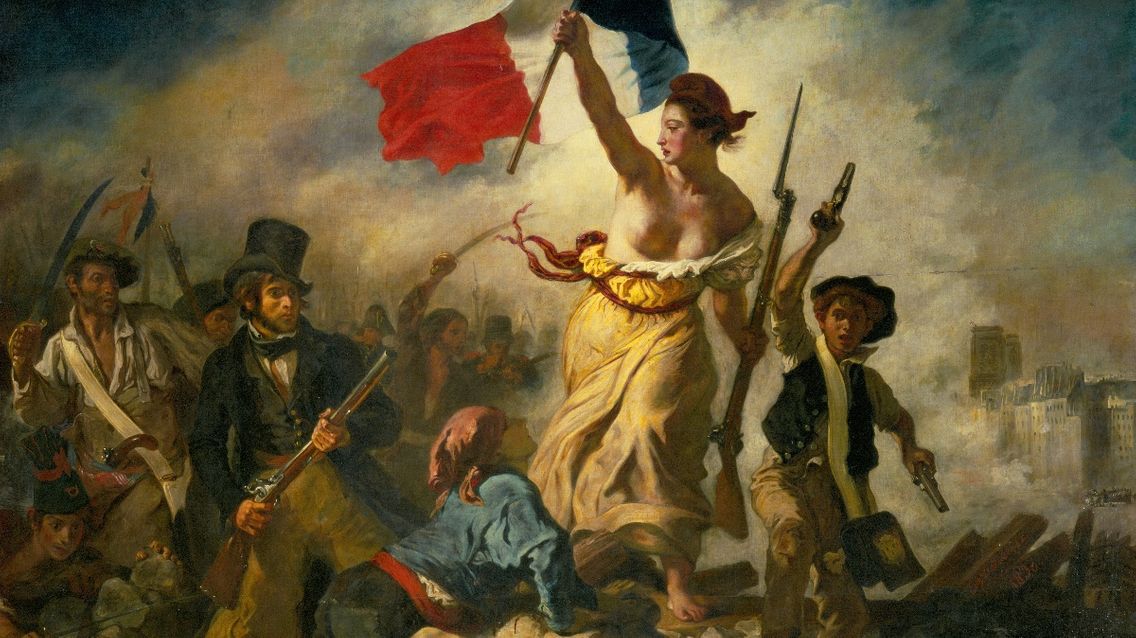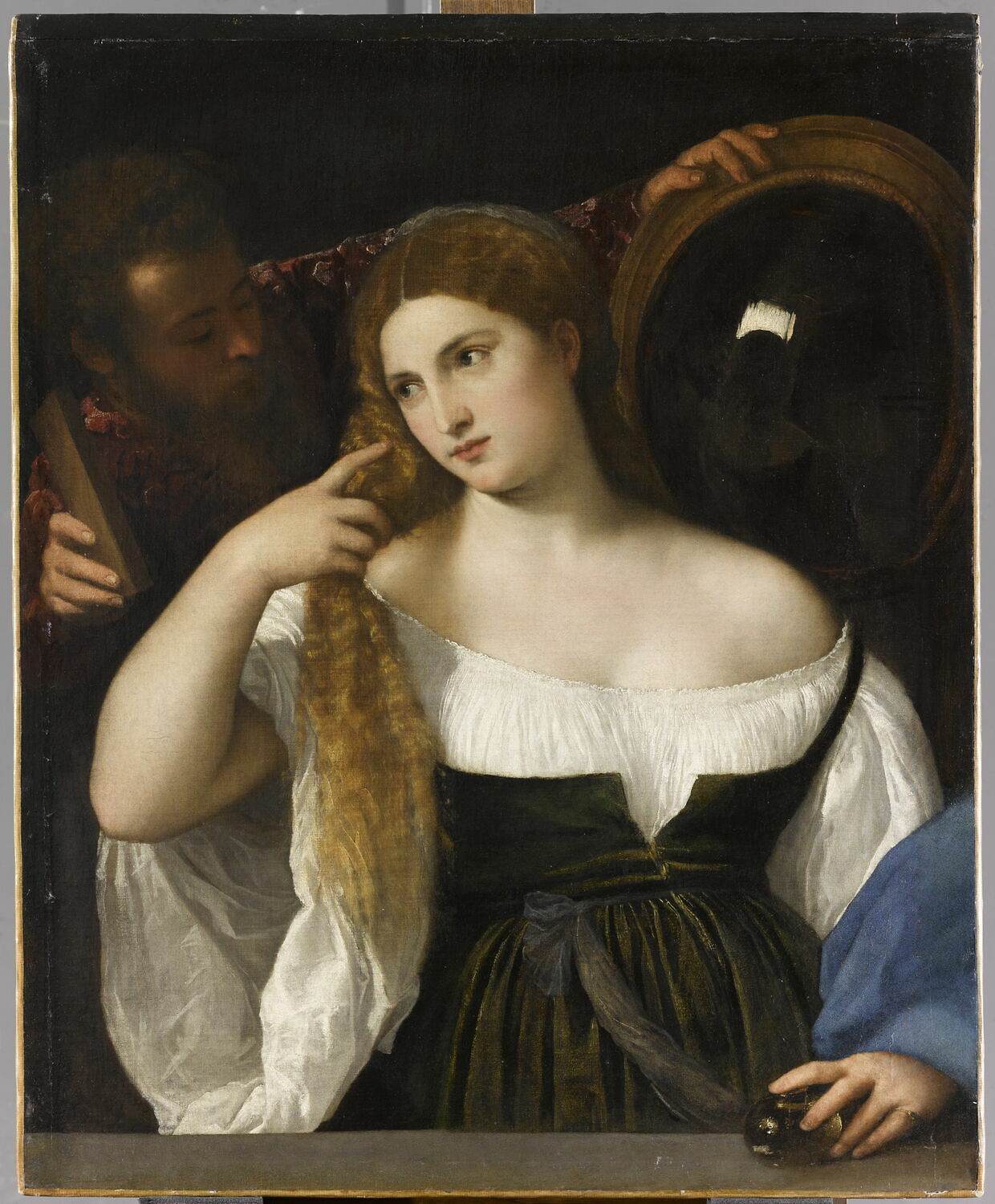
If you go to Paris, many will advise you, you must go to the Louvre; but then, if you go to Paris, as nearly as many will advise you, you must not go to the Louvre. Both recommendations, of course, had a great deal more relevance before the global coronavirus pandemic — at this point in which art- and travel-lovers would gladly endure the infamously tiring crowdedness and size of France’s most famous museum. But now they, and everyone else around the world, can view the Louve’s artworks online, and not just the ones currently on display: through the new portal collections.louvre.fr, they can now view access every single one of the museum’s artworks online.

“For the first time ever,” says last week’s press release, “the entire Louvre collection is available online, whether works are on display in the museum, on long-term loan in other French institutions, or in storage.”
This includes, according to the about page of the collections’ site, not just the “more than 480,000 works of art that are part of the national collections,” but the “so-called ‘MNR’ works (Musées Nationaux Récupération, or National Museums Recovery), recovered after WWII,” and “works on long-term loan from other French or foreign institutions such as the Bibliothèque Nationale de France, the Musée des Arts Décoratifs, the Petit Palais, the Fonds National d’Art Contemporain, the British Museum and the archaeological museum of Heraklion.”

The masterpieces of the Louvre are all there, from Eugène Delacroix’s La Liberté guidant le peuple and Titian’s La Femme au miroir to the Vénus de Milo and the Great Sphinx of Tanis. But so are an enormous number of lesser-known works like a Giovanni Paolo Panini view of the Roman forum, an anonymous 19th-century Algerian landscape, Hendrick de Clerck’s Scène de l’histoire de Psyché (among many other Dutch paintings), and a powder flask amusingly engraved with human and animal figures, all of them in search of their rightful owners since their retrieval from a defeated Germany. You can also explore the Louvre’s online collections by type of work: drawings and engravings, sculptures, furniture, textiles, jewelry and finery, writing and inscriptions, objects, and of course paintings. In that last category you’ll find the Mona Lisa, viewable more clearly than most of us ever have at the physical Louvre — and downloadable at that. Enter the collection here.

Related Content:
Take a Long Virtual Tour of the Louvre in Three High-Definition Videos
14 Paris Museums Put 300,000 Works of Art Online: Download Classics by Monet, Cézanne & More
When Pablo Picasso and Guillaume Apollinaire Were Accused of Stealing the Mona Lisa (1911)
Based in Seoul, Colin Marshall writes and broadcasts on cities, language, and culture. His projects include the Substack newsletter Books on Cities, the book The Stateless City: a Walk through 21st-Century Los Angeles and the video series The City in Cinema. Follow him on Twitter at @colinmarshall or on Facebook.
The Louvre’s Entire Collection Goes Online: View and Download 480,00 Works of Art is a post from: Open Culture. Follow us on Facebook, Twitter, and Google Plus, or get our Daily Email. And don't miss our big collections of Free Online Courses, Free Online Movies, Free eBooks, Free Audio Books, Free Foreign Language Lessons, and MOOCs.
from Open Culture https://ift.tt/2PE3JGS
via Ilumina
Comments
Post a Comment